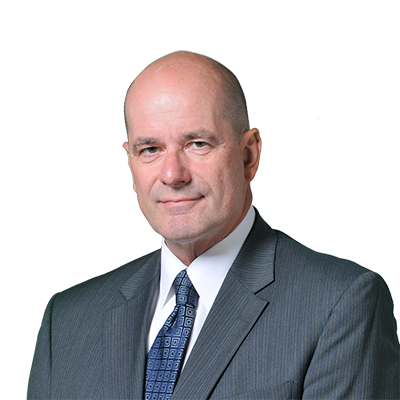Finley: Law, not politics, will influence McCormack court
 Nolan Finley
Nolan FinleySomething unusual happened in Lansing Wednesday.
Four Republican members of the state Supreme Court cast their votes with the three Democratic members to elect Bridget McCormack, a Democrat, as chief justice.
Then McCormack selected a Republican, David Viviano, to be her No. 2. He'll serve as the court's first chief justice pro-tem.

And it's the new chief justice's hope that this will be the last time the partisan leanings of the justices make news.
"In picking David as pro-tem, I wanted to send a message that this is truly a non-partisan court," McCormack says.
"When people describe justices by the party that nominated them or the governor who appointed them, it undermines public confidence in the court's work. The court is a non-partisan branch for an important reason; we need it to be able to make unpopular decisions."
That's a remarkable thing to consider given the vast amount of money Republican and Democratic interests have spent over the years to gain control of the high court.
The prevailing wisdom in Michigan politics is that holding a majority on the Supreme Court is as important, or more so, than winning a majority of the Legislature. A friendly court can help ensure a partisan agenda endures even after the party that enacted it is voted out of office.
But the dynamic began to change in 2012 with McCormack's election. She quickly formed a bond with then-Chief Justice Robert Young, a Republican, and the two made congeniality a hallmark of the court. Young, now retired, and McCormack came from different legal backgrounds, but they shared a commitment to reading the law as written.
Gov. Rick Snyder appointed three justices who also held that viewpoint — Viviano, Joan Larsen and Elizabeth Clement. Larsen has since moved on to the 6th Circuit U.S. Court of Appeals, but McCormack, Viviano and Clement, often joined by Richard Bernstein, a Democrat, form a powerful bloc that has resisted political influences.
Those four derailed a Republican effort last summer to keep the redistricting proposal off the November ballot. Clement was targeted for her vote, losing GOP support for her election.
Still, she was the top vote getter, while her fellow Republican, Kurt Wilder, lost his November race.
The justice who replaced Wilder, Megan Cavanagh, appears to be of the same ilk as McCormack and company. If that proves true, Michigan will have achieved something rare — a legitimately non-partisan Supreme Court influenced by nothing but the law.
That's been McCormack's vision from the beginning. And like Clement, she's been attacked by her own party because of it.
But McCormack, who must run again in 2020, doesn't give a squat.
"Every one of my colleagues is a rule of law justice," she says. "What that means is the court doesn't get to decide what the law should be. We interpret the laws that the Legislature decides upon, within the bounds of the constitution.
"Politics has no role in us doing our job well."
That declaration is going to disappoint some folks who have become used to bullying the court. But if it holds, Michigan will have at least one institution that works, and works together.
nfinley@detroitnews.com
Catch “The Nolan Finley Show” weekdays 7-9 a.m. on 910 AM Superstation.